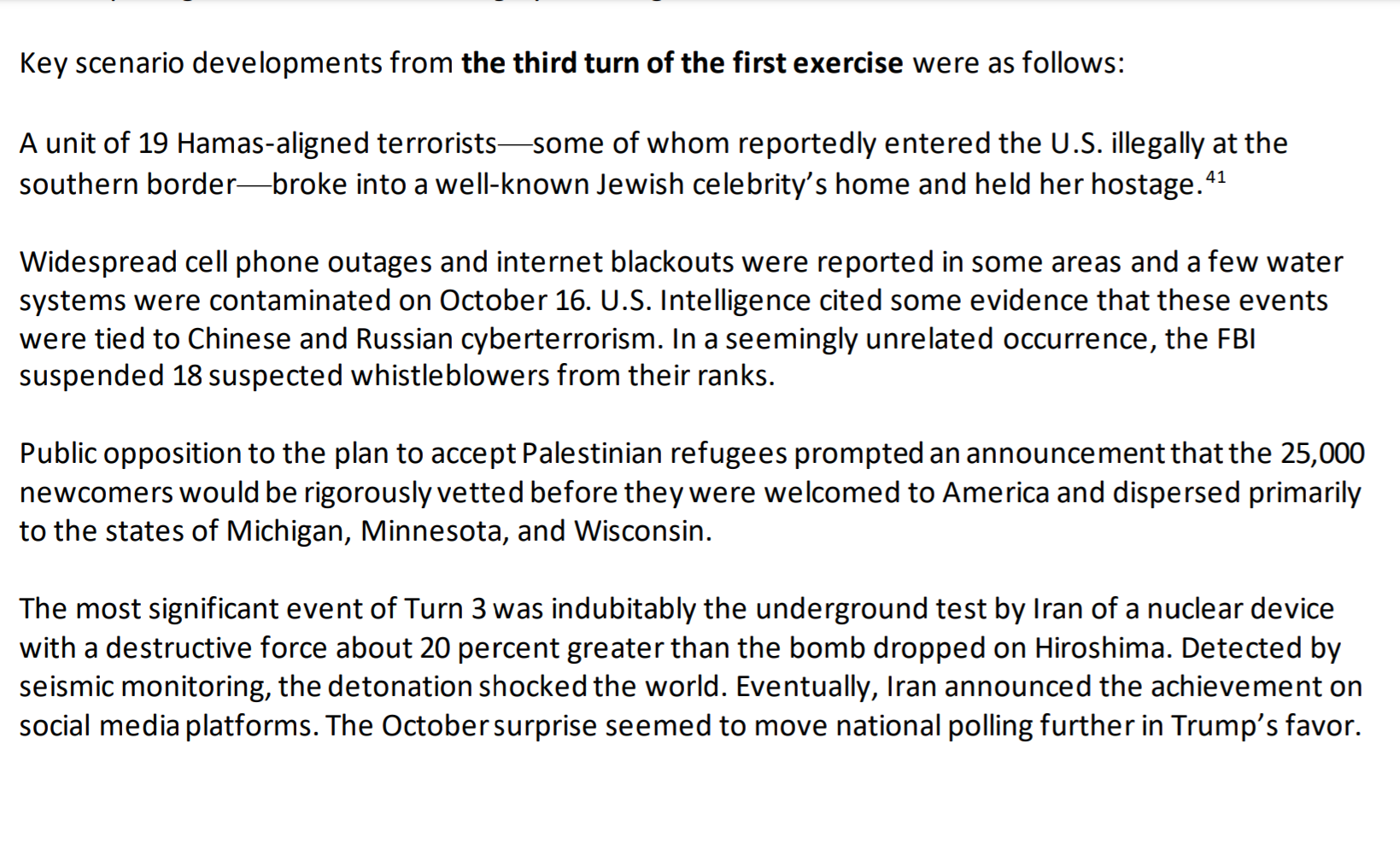I’d love to know how you plan to do user mode packet filtering. Keep in mind that on Linux, the designated API is inherently kernel mode. https://netfilter.org/
This isn’t one of the cases where we’re talking about Linux being superior to windows. Any OS will be fucked if you give it a mangled kernel module. In this case, it’s just that only one got one.
Your perception that anything that touches the kernel is an intrinsic security risk is unfounded.











Can’t fault you for feeling that way. I definitely don’t think anyone should be exempt from responsibility, I meant blame in the more emotional “ugh, you jerk” sense.
If someone can’t fulfill their responsibilities because someone they depended on failed them, they’re still responsible for that failure to me, but I’m not blaming them if that makes any sense.
Power outage or not, the store owes me an ice cream cake and they need to make things even between us, but I’m not upset with them for the power outage.